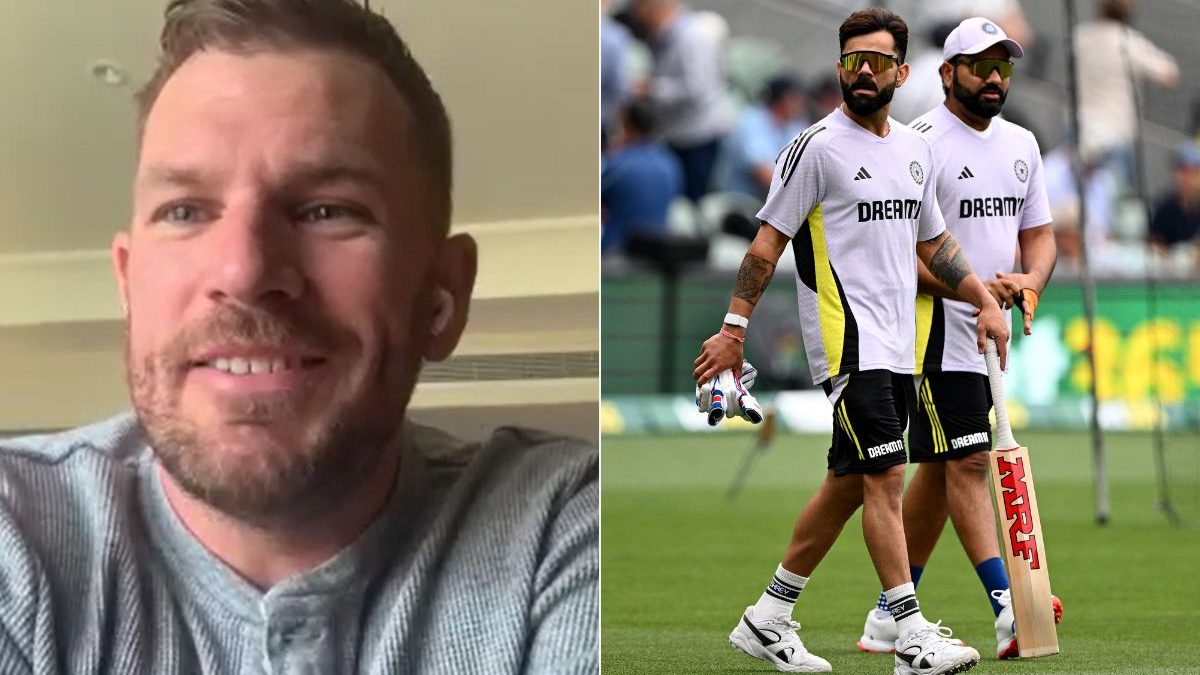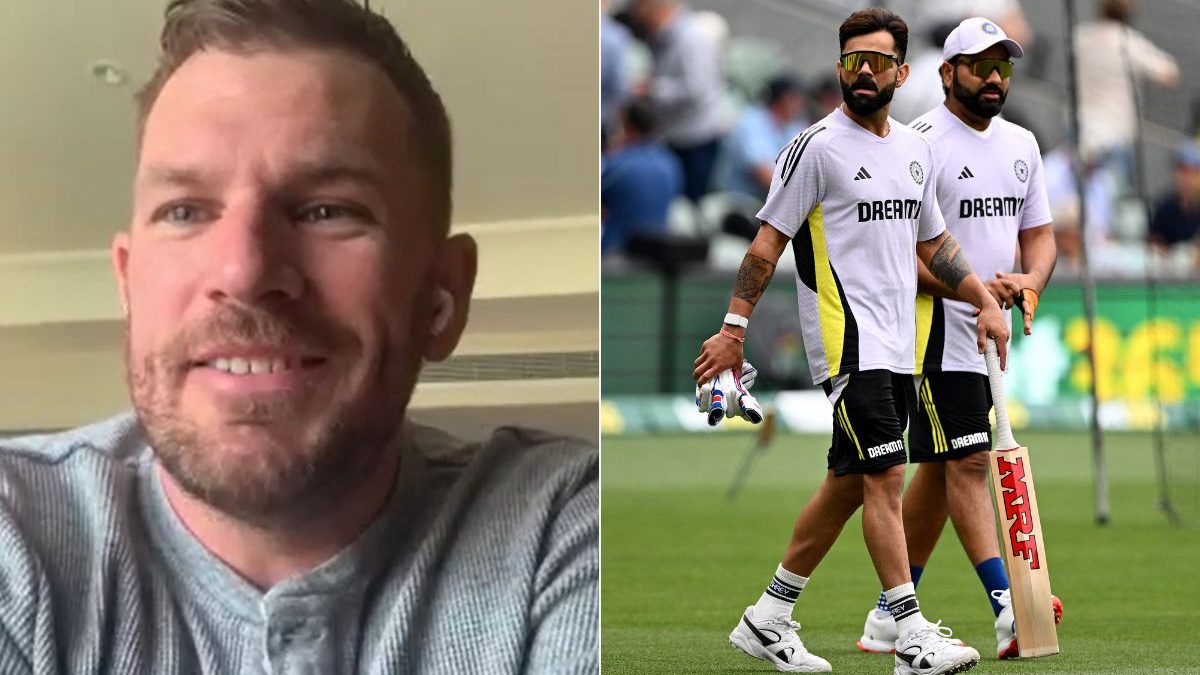Rohan Sippy, known for helming films like Bluffmaster, Dum Maaro Dum and Nautanki Saala, among others, is currently garnering rave reviews for his latest web show Search: The Naina Murder Case, featuring Konkona Sen Sharma in a lead role.
In an exclusive interview with Firstpost’s Lachmi Deb Roy, Sippy spoke about getting the impeccable ensemble on board, his thoughts on parenting and other aspects.
Edited excerpts from the interview:
How difficult is it, like what a director, a male director, looking at it from that arc, how difficult it is, like what made you come up with it, because it is difficult to take orders, I’ve seen, from a woman boss and a woman who is very good for many men at his work. What made you come up with this angle of him finding it difficult to take orders from her?
Well, a lot of credit for that goes to the writing, so it’s there on paper, and I think for me it was important that it somewhere gets resolved as well, right, as you’ve seen that later on there is a rapprochement that happens, see inherent for something to be dramatic and entertaining, you need conflict. This was already there in the material, so that gives us a great conflict. So while they are trying to solve a bigger thing, you’re wondering how they’re going to solve their differences, and like you said, it’s a very universal thing that you pick up on. It’s an observation that we all make, and because we’re allowed to resolve it later on, where it’s actually. Surya who actually initiates their bonding later on in the series, so that for me was important that there is a growth that we show that he acknowledges her strengths, maybe not at the beginning where there’s more bristling at being taking orders but by the end of it you see that evolves into a friendship and a partnership which is what I think the audience is rooting for.
When they work together, they do make breakthroughs that weren’t possible when they were not on the same page and withholding from each other.
So, I just want to ask you, like, since you chose a story and here, it is a woman’s role which is dominating, predominating, I would say. What was the idea that came to your mind when you said that this story is going to fit in when you chose your actors?
I think it evolved very naturally. I think, obviously, it started with Konkona, and when we met and she was interested, that became the first big stone to put in place. And then built very quickly from that, met with Surya. And I think you just feel your way through these, especially the first couple of things. And then a lot of lovely, interesting suggestions came in. (8:54) You know, Shiv came in. Shraddha did a great job. Dhruv Sehgal. And also, of course, the parents were amazing. Iravati and Sagar.
So, I think it was just the casting director who helped us a lot by just keeping on sending a nice palette that we could then choose from. We went through tests of some of them. The kids did a brilliant job, too. I was coming to that and that, again, was so key for us because they are central to the tragedy and kind of for a lot of the audience that is older to get a little glimpse into what another generation is thinking and how they are. So it was very important to get that right. And so that was wonderful. I think a big help for them was having, you know, more senior actors.
I mean, they were fans of Koko and the teenage girls who were there. They were just like, Wow, we’re getting to work with her. Making them comfortable, rehearsing, and figuring things out. And that, I think, just pushes everyone upwards, you know, lifts all boats in that sense. We all get better because of that. So I think that’s what the casting ended up being a very good balance of some theatre actors, some of these younger kids.
And then it just kind of, you know, Dhruv comes from a different space. So we got a lovely mix of worlds. Having the table reads was so helpful. So, it’s a very important thing that we started doing before each show. All the actors get together, and we do a massive table read and go through all the episodes together. So, I think it’s just helpful. And the HODs are there as well, the director, technicians and, of course, the actors. So we all get to hear it. The writers are also hearing it.
In the little discussions, things are clarified, and everyone feels that’s the only time you’re going to actually experience it till you see the final edit. Otherwise, when you’re shooting, you’re shooting one scene from episode one, another from the climax, then another actor’s track. So once you disperse from there, you’re fragmented. But it’s lovely to have that moment together where you actually see people face-to-face, understand things, and discuss things. So it’s very difficult otherwise to coordinate all that and get the right spirit. So I think for me, that becomes a real foundation for when we go, especially when you’re doing a drama or comedy, you need that reading time.
On parenting
So, I think it’s, like Coco said, every day is a challenge that you try to learn. But one of the guiding principles I want is, finally, what do I want her to be other than anything, is to learn agency and independence, right? So that involves letting go and trying to be there. If there is no answer to it, other than going at it every day and just reflecting, trying to do better and trying to instil as many of the things that you think are important, which for me is getting them to be independent in their thinking and taking care of themselves. And for me, that’s the number one thing. As a big goal, I would want to make sure that they are confident about being out in the world because that’s finally where they’re going to be. So I think the other stuff, we have to just keep negotiating. Every kid has a different personality. It’s changing now. This is, we’re both dealing with the teenagers. You know, there’s going to be changes in their body, mind, thinking, and socialisation. All of that’s going on. And I remember what it was for us, like in much simpler times in that sense.
We didn’t have the old digital world, you know, to amplify things. I mean, of course, all the inherent things of teenagers don’t change that much. But there’s an information overdose also.
But inherently still, you have cruelty, you have all those dynamics that play out, you know, but you also have better communication happening now, more awareness of those things. So I think we take the good and the bad of this information overload.
And you once mentioned also in the show that strict parents generally keep kids hidden. And that was your idea? What was it like? No, again, I won’t take credit from the writers, but it resonated, I think, with all of us now. More now, Surya doesn’t have to worry about it yet.
But the other theme in this thing of parenting that comes up and now applies to all three of us is what Sayukta is dealing with in the show. She’s not just a mother. She’s also a daughter.
This is that age, you know, where you are grappling with both of them, which also adds to. So that was also a nice dimension that we managed to retain in this script. It’s beautifully written.


)
)
)
)
)
)
)
)
)



